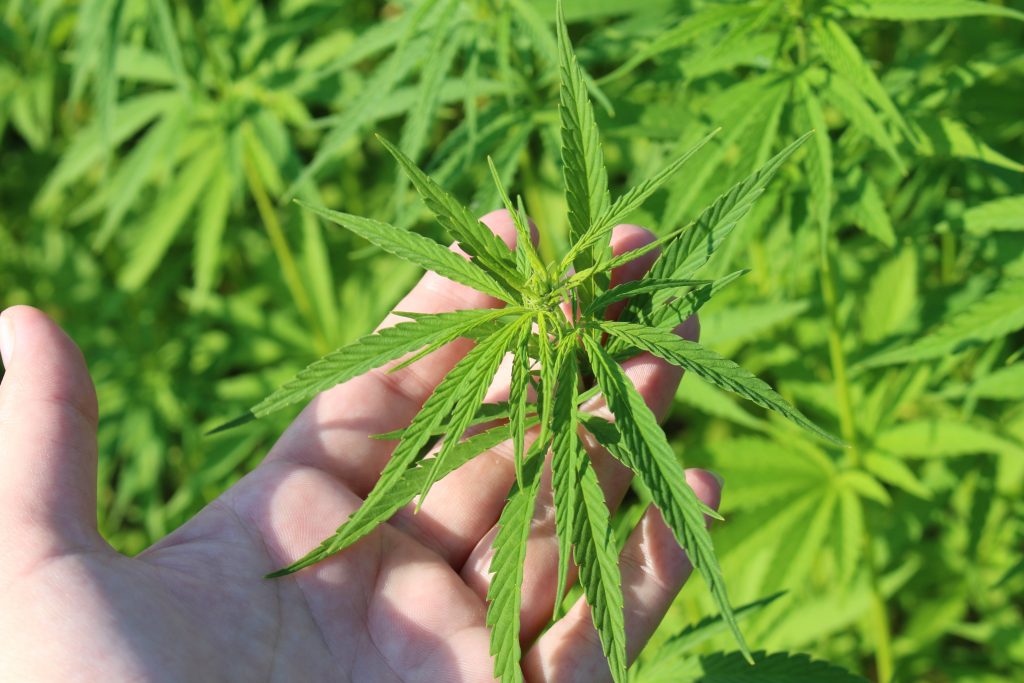
By Clint Thompson
Tim Coolong, associate professor in the UGA College of Agricultural and Environmental Sciences, said oversupply of hemp at the national level remains a concern. He’s not as worried with Georgia, however, due to rules and regulations in place.
“I think on the bulk wholesale market, I’m still worried about oversupply. In Georgia, I think we’re in a slightly different position. As a grower, you must have some sort of agreement with a processor in order to be approved to have a license to grow,” Coolong said. “I think at least for the growers here who are contracting with a processor in Georgia, I think some of that overproduction should be mitigated. Our processors, ideally, are working closely with growers and are not going to sign growers up for a lot more acreage than they can handle.”
Coolong said that last year, in other states where there’s not a farmer-processor agreement in place, flooding the market was the unfortunate result. Farmers produced hemp with no places to sell.
“They produced a lot of biomass and then there was no one to buy it. I think on the greater wholesale market, oversupply can still be an issue. I think within Georgia, because of the way the system is set up, I think that will be less of a problem,” Coolong said. “Some people are upset because they think I should be allowed to grow this crop and sell it to whoever I want, and I get that. I understand that. On the other hand, when that happens and it’s not coordinated, it leads to issues of oversupply. I think that even though this may ultimately reduce the amount of acreage and the number of growers in this state, I’m hopeful that those who do grow it are more profitable.”
According to Mike Evans, director of plant industries who oversees the hemp program at the Georgia Department of Agriculture, they have received 166 applicants from farmers who are interested in growing hemp.









